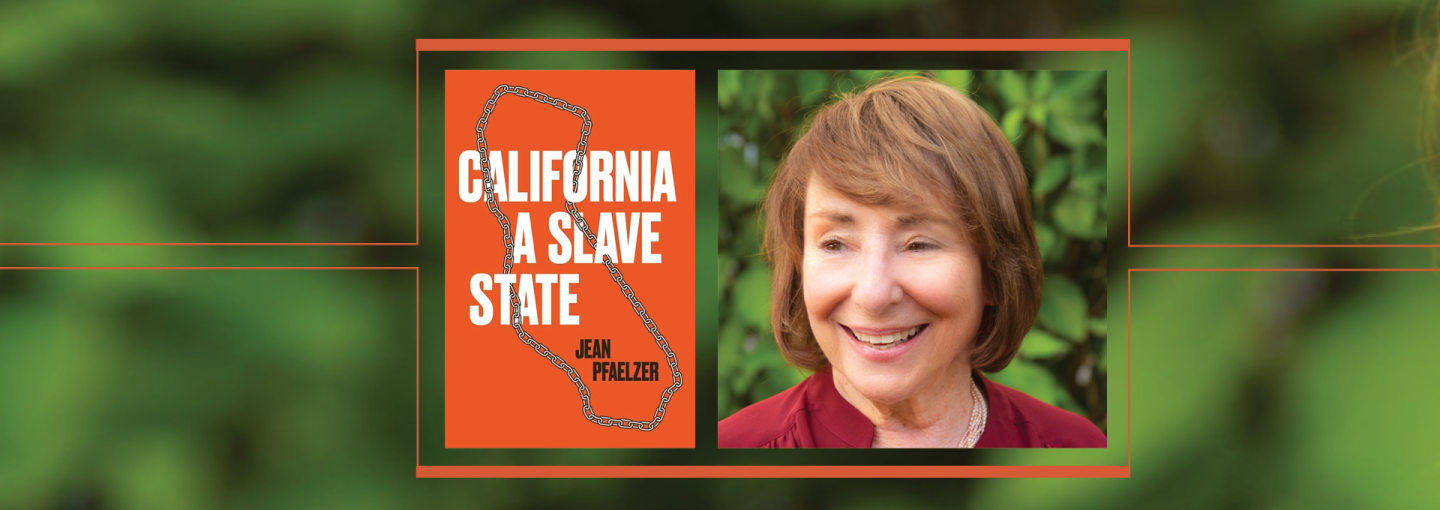
California, a Slave State
By looking west to California, Jean Pfaelzer shifts our understanding of slavery as a North-South struggle and focuses on how those who were enslaved in California fought, fled, and resisted human bondage. In unyielding research and vivid interviews, Pfaelzer exposes how California's appetite for slavery persists today in the trafficking in human beings who are lured by promises of jobs but who instead are imprisoned in sweatshops or remote marijuana fields, or are sold as nannies or sex workers.
Pfaelzer relates the history of slavery in California across its entire spectrum, from indentured Native American ranch hands in the Spanish missions, children sent to Indian boarding schools, Black miners, kidnapped Chinese prostitutes, and convict laborers to the victims of modern human trafficking, and she argues that California owes its origins and sunny prosperity to slavery. Spanish invaders captured Indigenous people to build and farm the chain of Catholic missions. Russian otter hunters shipped Alaskan Natives down to the California coast—the first slaves to be transported to California. The Russians also launched the Pacific slave trade with China. Southern plantation slaves were marched across the plains to help their owners mine during the Gold Rush. San Quentin Prison was the incubator for California’s carceral state. Kidnapped Chinese girls were sold to caged brothels in early San Francisco. And Indian boarding schools supplied farms and hotels with unfree child workers.
Pfaelzer's provocative history of slavery in California could rewrite people's understanding of the settling of the West, and redefine the actual paths to eventual freedom for many Americans.
A Humanities Member-led Forum program. Forums at the Club are organized and run by volunteer programmers who are members of The Commonwealth Club, and they cover a diverse range of topics. Learn more about our Forums.
Photo courtesy the speaker.
The Commonwealth Club of California
110 The Embarcadero
Toni Rembe Rock Auditorium
San Francisco, CA 94105
United States

Jean Pfaelzer
Professor of American Studies, University of Delaware; Author, California, A Slave State

In Conversation with George Hammond
Author, Conversations With Socrates


